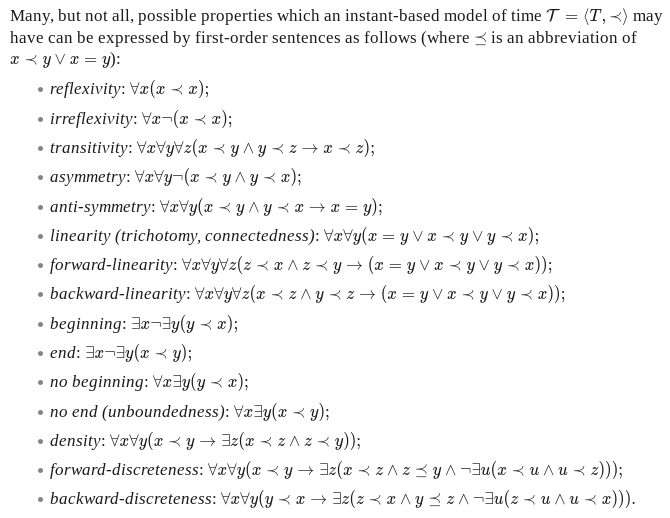If the Big Bang model of the universe is correct, then that would mean the universe is finite in the past. Some may say that if there is no cause, this implies that the universe came from nothing.
But the notion of coming from nothing implies the existence of nothing before that something. But the notion of “before” doesn’t exist and is arguably meaningless if time itself “begins” during the Big Bang.
So can both of these concepts be in unison or does the universe being finite in the past imply that it still comes from nothing?

